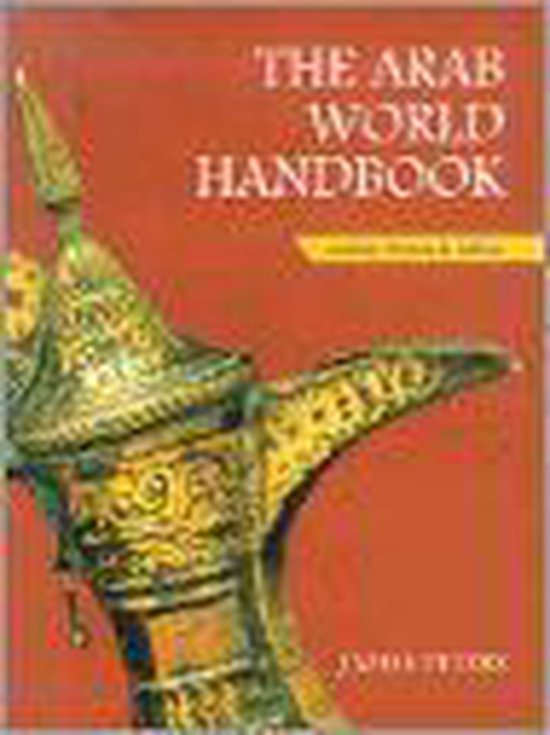
The Arab World Handbook
-
AuteurJames Peters
- Uitgeverij-
- Jaar-
'The Arab World Handbook' by James Peters is an essential guide for anyone looking to deepen their understanding of the Arab world's rich cultural, historical, and geopolitical landscape. This comprehensive handbook spans over 300 pages, offering readers an in-depth exploration of the region's diverse countries, their traditions, and the complex dynamics that shape their current affairs. Peters, with his extensive experience and scholarly insight, meticulously compiles data, analyses, and narratives that illuminate the Arab world's multifaceted identity. From the bustling souks of Marrakech to the towering skyscrapers of Dubai, this book serves as a bridge connecting readers to the heart and soul of Arab societies. It's an invaluable resource for students, travelers, and professionals seeking to navigate the intricacies of the Arab world with confidence and respect.